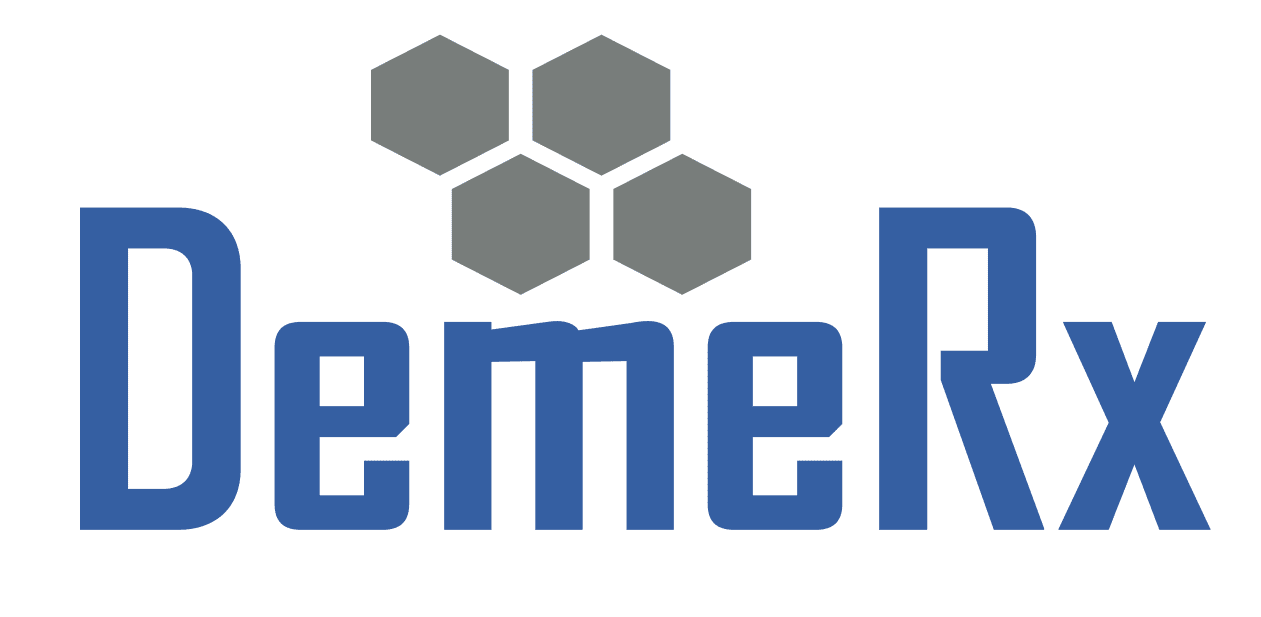The Kentucky Opioid Abatement Advisory Commission held its first public hearing Monday, July 17, to discuss funding development of an opioid-use disorder treatment using the psychedelic drug ibogaine with some of the money the state is getting from settlements with drug makers and distributors.
The commission heard from five experts, all in favor of the idea, and two people who have successfully used ibogaine in other countries to recover from their opioid addictions. The drug is illegal in the U.S. but has been anecdotally reported to stop the withdrawal symptoms of opioid dependence.
Juliana Mulligan, a psychotherapist and ibogaine treatment specialist in New York, told the story of her opioid addiction and the seven years she spent in and out of treatment and jail. With the support of her parents, she traveled to an ibogaine clinic in Mexico, and that experience involved a “plethora of mistakes” that landed her in the hospital with cardiac issues that resulted in a heart attack.
Ibogaine’s effects on the heart are a major obstacle to its use, and the commission discussed that with another expert. But Mulligan called her experience with the drug “nothing short of miraculous” and said she has not used an opioid or had a craving since November 2011.
“Despite the dramatic hospital story, the medicine did its job for me,” she said. “I remember suddenly feeling with total certainty that ibogaine is the future of opioid-disorder treatment. . . . Of course, ibogaine isn’t magic and it isn’t a cure, but it is hands-down the best door open to the path of healing that myself and many other could find.”
Jessica Blackburn of Floyd County talked about her success with ibogaine in 2008 for opioid-use disorder after many attempts at recovery. Blackburn said she relapsed, but in August will have gone eight years without using any drugs.
Blackburn said she would not be alive today “without the use of iboga,” the African shrub from which the drug is produced. “No Kentuckian should have to leave the country to receive this life-saving treatment.”
Read more: https://cidev.uky.edu/kentuckyhealthnews/2023/07/20/19743/
